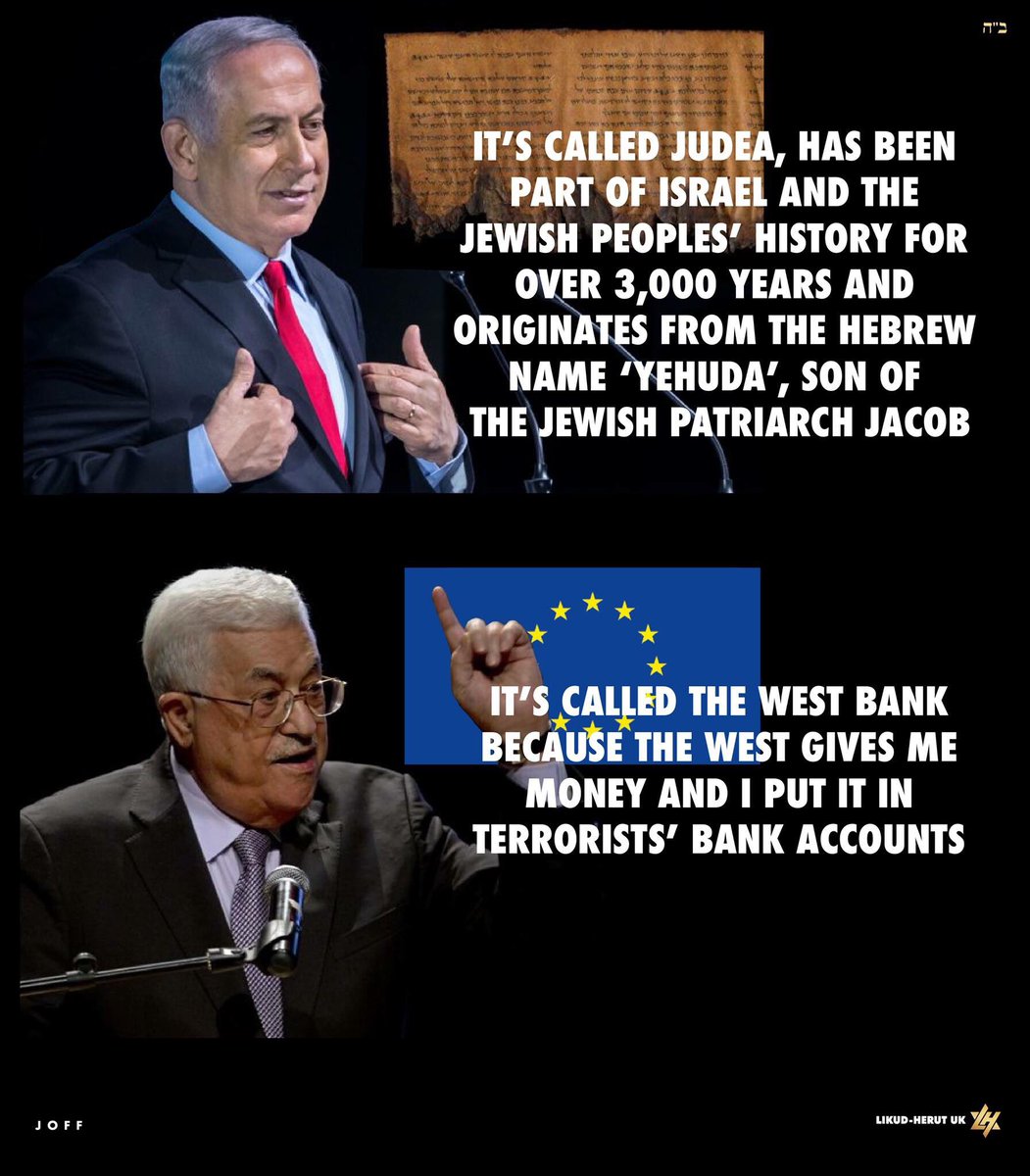Haaretz: Palestinians' Refusal to Accept the Jewish National Movement Has Been Disastrous for Them
Palestinians commonly describe their conflict with Zionism and Israel as an anti-colonialist struggle. According to the rules of postcolonial discourse, those who fight against colonialism are in the right by definition and are never responsible for anything.Dennis Ross: Did Camp David Doom the Palestinians?
But the Palestinians' ongoing refusal to accept that they are confronting a people and a rival national movement has been disastrous for them.
The anti-colonialist struggles of the 20th century succeeded even though the colonial powers were always much stronger than those who fought them. The colonialist power ultimately gave up the fight and retreated.
But Zionism was a national movement of a persecuted people whose ties to the land have been part of their identity and culture. The people who came here left behind them not a colonial mother country under whose auspices they were acting, but rather Czarist Russia, anti-Semitic Poland or Nazi Germany. Applying the term "colonialism" to such a situation empties this term of most of its moral and analytical significance.
It's a pity that the leaders of the Arab national movement in Palestine did not make an effort to understand how the Jews perceived themselves, their situation and their connection to this land. They assumed that the founding of the Jewish national home was a luxury of sorts for the Jews, and that they could be made to give up their state, just as Britain and France were once "persuaded" to give up their overseas colonies.
Someone who displays such a degree of blindness toward the other side's fundamental character is likely to bring disaster on his own people. The "anti-colonialist" blindness in relation to Israel fostered an expectation that Israel would crumble from within. After all, this wasn't a real people and a real nation-state, but some "invented" artificial entity.
Seth Anziska's new book, Preventing Palestine: A Political History From Camp David to Oslo, portrays the Camp David Accords as largely responsible for denying the Palestinians self-determination and statehood. But I was present at the meeting between Yasser Arafat and President Bill Clinton in December 2000 when Arafat said no to Clinton's parameters, which went well beyond what then-Israeli Prime Minister Ehud Barak proposed at the summit in July.
The Clinton parameters offered the Palestinians a viable state with 97% of the West Bank, 100% of Gaza, and a guaranteed corridor connecting the two; this would have been an independent state. Arafat's rejection and the resort to violence in the Second Intifada, in which 1,100 Israelis were killed, left the Israeli public believing that there was no Palestinian partner for peace.
Anziska blames the Camp David Accords, but those of us negotiating the agreements did not see them as denying Palestinian rights. Not only would the Clinton parameters have undone the autonomy noted in the Camp David Accords, had the Palestinians said yes or offered a serious counterproposal. Prime Minister Ehud Olmert's offer in 2008 and the Obama/Kerry principles in March 2014 would have done the same.
Yet there was no serious Palestinian response to these proposals. The sad truth is that at critical junctures, Palestinian leaders chose to say no and the Palestinian people have paid the price for their leaders' rejection.
Netanyahu Hails Former PM Rabin as ‘Patriot of the First Rank’ at Knesset Session Marking 1995 Assassination
Israeli Prime Minister Benjamin Netanyahu hailed his predecessor Yitzhak Rabin as a “Zionist patriot of the first rank” in a special Knesset session on Sunday marking the leader’s 1995 assassination.
His comments came soon after Rabin’s granddaughter issued a ferocious condemnation of the Israeli right at a ceremony marking the 23rd anniversary of the tragic event.
According to Israel’s Channel 2, at the official commemoration of Rabin’s death on Mount Herzl, his granddaughter Noa Rothman said, “Many of the officials in this country participate in fanning the flames of the bonfire of incitement.”
Speaking of the current situation in Israel, Rothman asserted, “Criticism of Israel is considered treason. If you don’t stop the march of incitement and the deepening of the divisions between us and the inflammatory rhetoric, there will be another spilling of blood here. For my grandfather, it is already too late.”
She also asserted that an official in Netanyahu’s office had published a social media post with a picture of Rabin’s 1993 handshake with Yasser Arafat in the White House under the headline “traitor.”
Denying he ever encouraged the idea that Rabin was a traitor, Netanyahu remarked, “It never happened. This, to my sorrow, is an example of the fact that sometimes, alongside the dialogue on moderation and fighting incitement, they say things that are hurtful and baseless. Not only about me, but about an entire public, that have no basis in reality.”
“I said he was mistaken, not a traitor,” Netanyahu said at the Knesset session. “Rabin was not a traitor, he was a Zionist patriot of the first rank.”


































